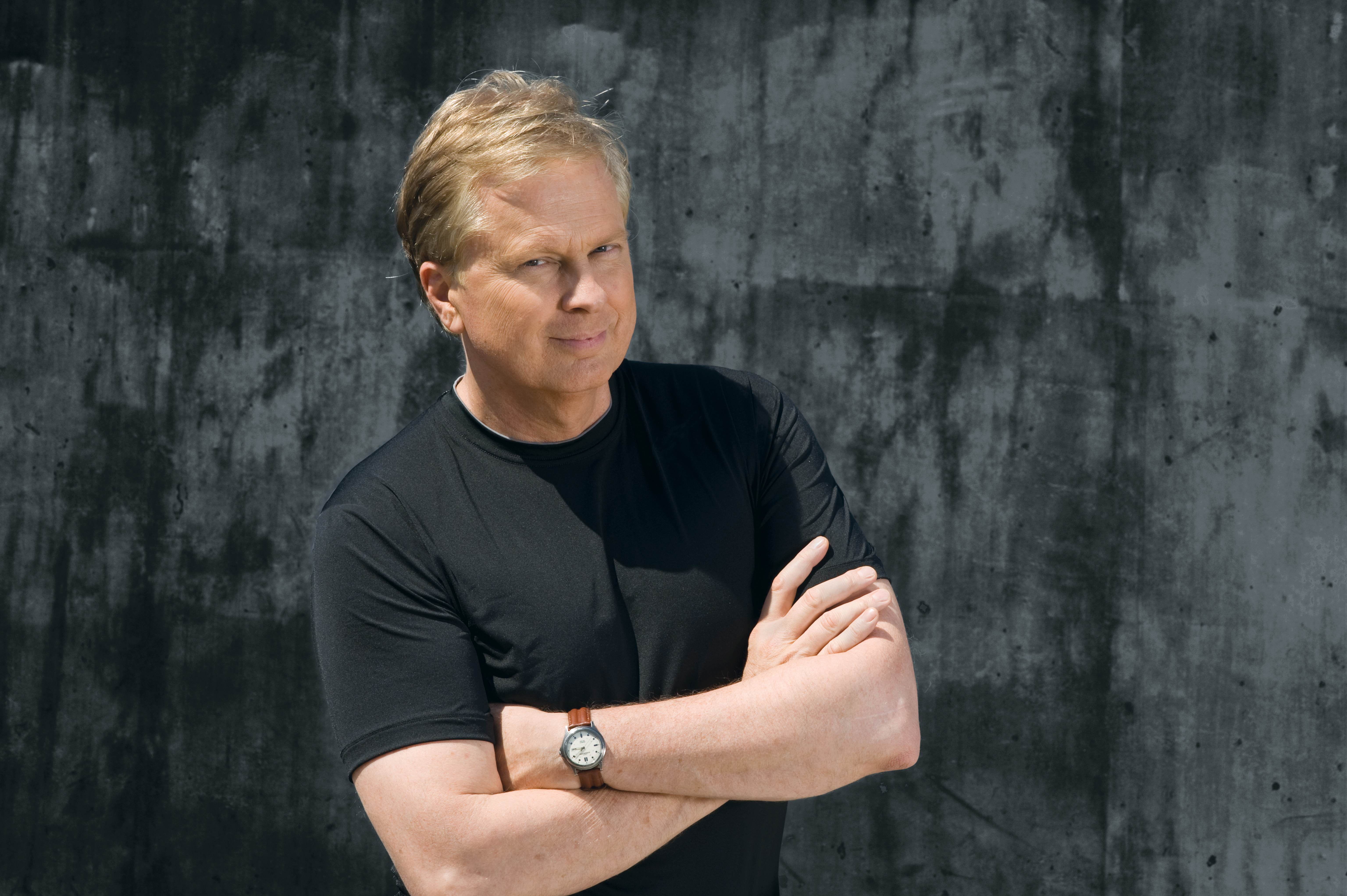Hubbub with Tom Ashbrook
His journalism career may have taken him across the globe (with a kung fu movie or two along the way), but for the past 10 years Tom Ashbrook has remained firmly in place as the host of WBUR’s nationally syndicated talk show, On Point. Of course, he always makes time to read from A Christmas Carol as part of the radio station’s annual charity benefit, which this year is December 20.
Ten years on air — how many shows is that? Do you have a favorite?
Well, it’s about 500 one-hour segments a year, so that’s about 5,000 of them. I loved talking to Annie Leibovitz about Susan Sontag. RZA from the Wu-Tang Clan. Peter Drucker — we did his last interview before he died. Ry Cooder, fantastic guitarist.
You listen to the Wu-Tang Clan?
I haven’t for a while, but I did after I had RZA on. It’s pretty cool.
If there’s one person you could magically raise from the dead and make appear in your studio, who would it be?
Thomas Jefferson. Because we seem to be slipping off some important understandings about democracy, and we need to get it back. He was so strong on getting everybody involved.
You’re much more polite to crazy callers than other radio hosts.
If they’re completely off the hook, we say goodbye pretty fast. But I find most callers, even if they’re coming in on a bit of a crazy moonbeam, have something to say if you listen for it. You know, we’re trying to model a kind of respectful citizenry that isn’t evident enough in a lot of media these days. It’s public radio, for God’s sake. I want to respect the public that’s calling in.
Do you ever get tired of all the tote-bag jokes?
I think they’re passing. Maybe people just don’t tell them to me. I don’t see tote bags going out the door anymore. I haven’t got one.
Wow. At least I know where you get your Valentine’s Day flowers.
Yeah, maybe. We’ve heard that name.
Your show is one of the few that will devote a full hour to a book. What makes you think that people out there actually read books?
Well, of course we know that a lot of people read. Especially NPR listeners. But we also know that Americans are thinking. They’re not idiots. If you make it boring, it will be boring. But why should it be boring? The challenges we are up against, the set of ideas that’s percolating out there right now, it’s exciting!
I was reading in your online bio that you once worked as a surveyor and dynamiter in Alaskan oil fields. How’d that lead to journalism?
I needed to pay for college, and the best-paying jobs in the world at that time were in Alaska, working in the pipeline and oil business. So I went. We blew up a lot of rock. I did that a couple of times, then I went straight up to Hong Kong and ended up at the South China Morning Post. It was a great time, China was opening up — refugees were still coming by the boat via Vietnam. It was kind of a wonderland for a young journalist.
Your bio also says you produced English versions of Chinese kung fu films there?
Yes. Yeah.
What?
We tapped into a source of almost handmade, backcountry, unsophisticated, but really cool kung fu films. They were black- and-white from way deep in China. We would get them, write an English script for them, and dub them into English. Sometimes we’d just make up a script that would match the lips. We made some kicking scripts. We put together a group of British actors who were there in Hong Kong, and we’d sit in the middle of the night in these old studios with the rats crawling in the velvet curtains, smoking and drinking and dubbing these things.
Did you voice any of them?
Yeah! We each had four or five parts per film. I’d give anything to have a roll of them, but we sold them all.
Those could kill on YouTube. They’d dominate that fake Ira Glass sex tape.
They would kill! But I don’t want to compete with Ira on that.
